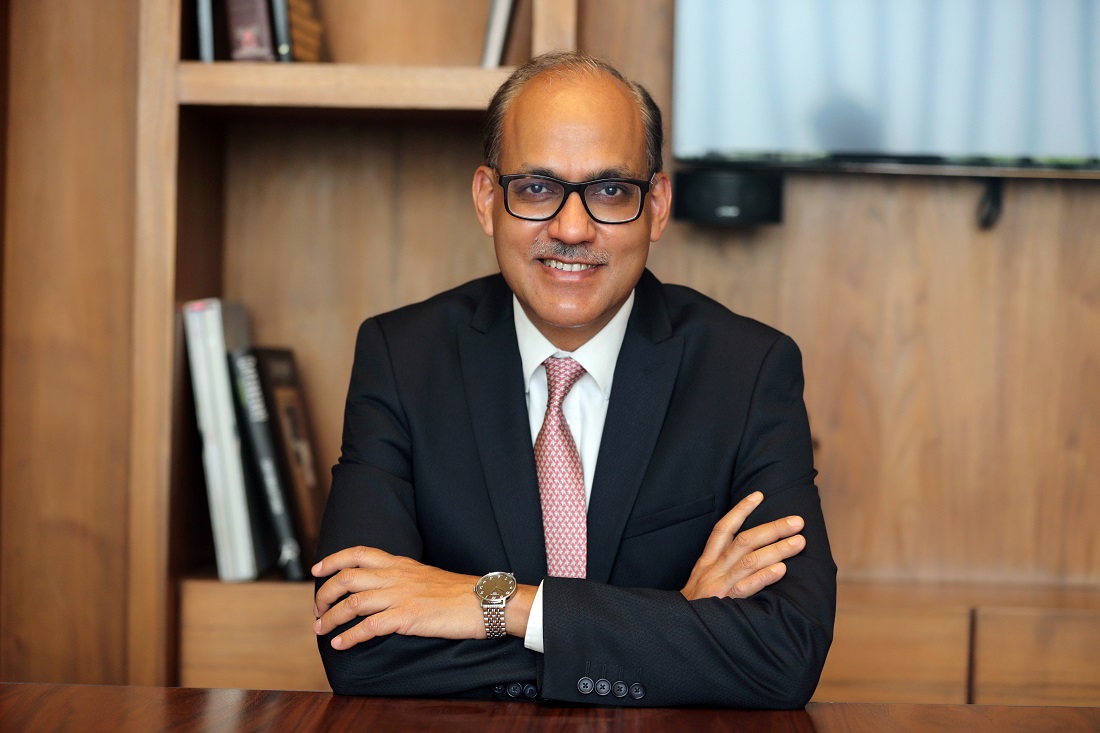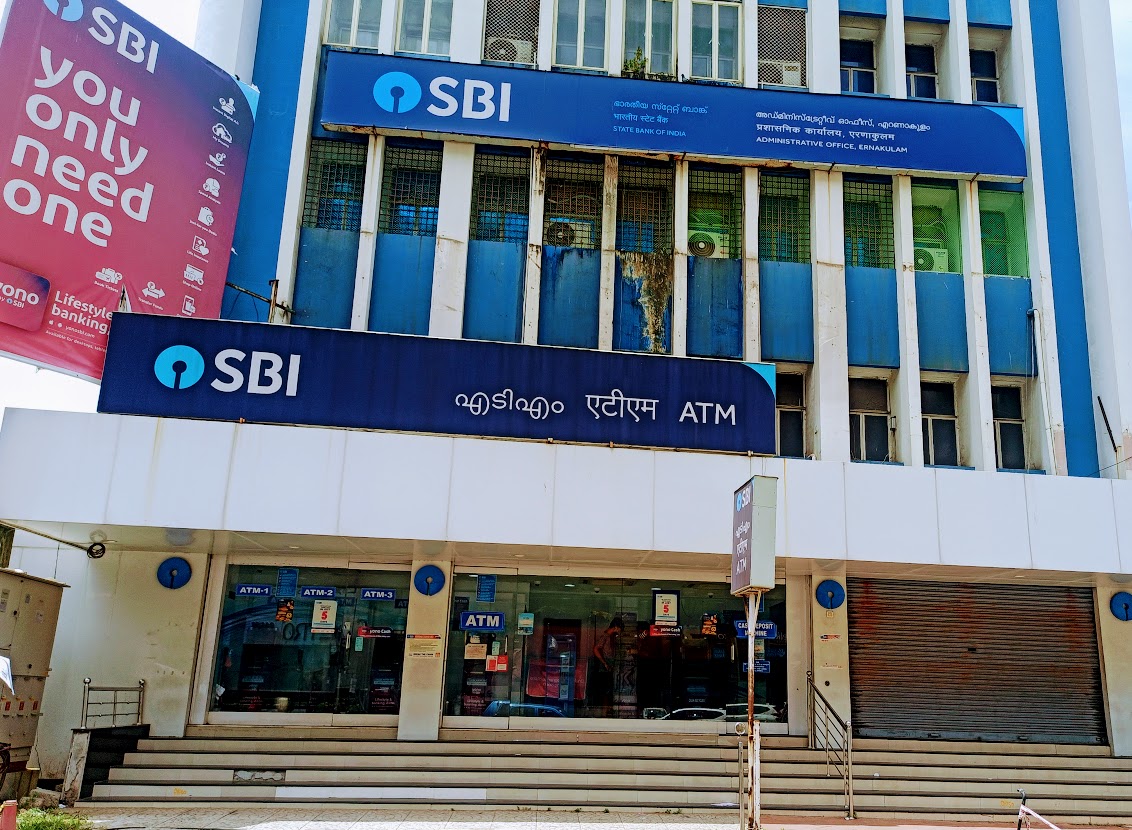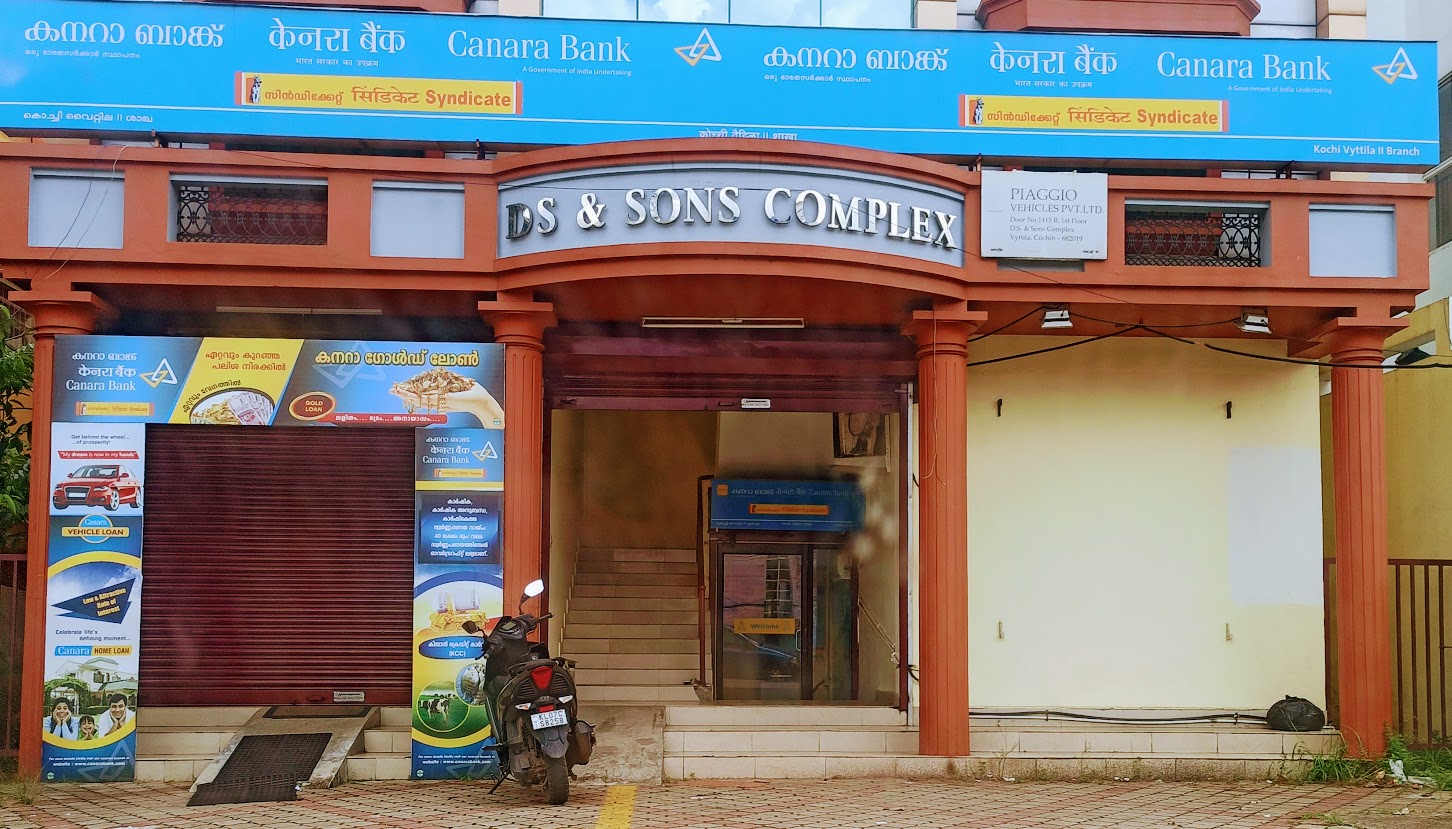State Bank of India (SBI) is buying out Canara Bank’s stake in the joint venture company in Russia and exiting its French operations, a top executive of India’s largest bank said.
The moves, undertaken much before the Russian attack on Ukraine and having no link with that development, are in line with the government of India’s guidelines for the public sector banks to consolidate their international operations based on commercial considerations and strategic importance.
The two state-run banks had floated Commercial Indo Bank LLC in Moscow, with SBI holding 60% stake and Canara Bank owning the remaining 40%.
“We are buying out Canara Bank’s stake in the joint venture company in Russia, subject to regulatory approvals. The joint venture was not adding value and we need a reset in the business model,” SBI managing director Ashwini Kumar Tewari told Indianbankingnews.com.
As part of the strategy to rationalise its overseas non-profit centres, SBI is pulling down the shutter on its representative office in Paris. The European business of the bank will continue to be conducted through its Frankfurt office in Germany and Antwerp office in Belgium.
SBI has already sold its wholly-owned subsidiary in Botswana to Bank of Baroda, which is a bigger player in South Africa. The bank has a minority stake in Sterling Bank Plc Nigeria, which is continuing at present.
“We are exiting our French operations by closing down our representative office in Paris. The regulations in France do not support our business model. Defence dealings with India have come down so business is also not substantial. Our European operations will be conducted through our offices in Frankfurt and Antwerp,” Tewari, who heads SBI’s international banking, technology and subsidiaries, said.
The US and the UK will continue to be the bank’s major areas of focus, he added. In the UK, SBI has both a wholesale branch and a retail subsidiary.
Though SBI has been strategically shrinking its global footprint over the last five years, it is also weighing options to set up operations in new geographies. In Antwerp, which is known for its diamond industry and trade, the main focus will be to push trade finance.
Trade finance continues to be the mainstay of credit growth in the bank’s international book. “Our ECB (external commercial borrowing) book is flat this year. Indian companies have retired their high-cost overseas debt and replaced it with domestic loans which had finer rates. Companies with no dollar earnings will not have a natural hedge and will prefer to retire their foreign debt,” Tewari explained.
SBI is looking to increase its financing in the neighbouring countries particularly Bangladesh, which has established strong trade links with the US and other developed nations and is in the midst of an economic revival. SBI also has a tie-up with the Asian Development Bank (ADB), which insures credit lines. This will help SBI to increase its lending to countries like Bangladesh and Vietnam.
SBI’s overseas advances grew 21.35% to Rs 4,00,385 crore even as growth in the domestic corporate loan book remained muted. “About 70% of the overseas advances are trade finance. Local loans are a smaller part. In the fiscal fourth quarter, we expect the domestic corporate book to pick up as investment activity gathers pace,” Tewari said.
In China, SBI shut its branch at Tianjin as environmental concerns affected the thriving electronics industry prospects of the port city. Set up in February 2013, this was SBI’s second branch in China after Shanghai to tap into the burgeoning trade and economic co-operation between the two countries. SBI mostly cashes in on Line of Credit (LoC) and financing of export-import businesses from both Indian and Chinese firms.
“We are very cautious in China. The information available about mainland companies is scanty. The structure of the Chinese companies are sometimes complicated,” said Tewari.
In East Asia, SBI is exploring lending opportunities. Financing banks in Bangladesh and Vietnam is also an option the bank is looking at. “We will adopt a cautious strategy keeping in mind the risks involved in each of the geographies,” Tewari said.
The Gift City branch and factoring business will be focus areas for the bank. Factoring is a type of debtor finance where a business sells its receivables or invoices to a third party at a discount. Firms factor their receivable assets to meet cash needs.
SBI’s international business, spread over 160 offices in 30 countries, will continue with its cautious growth approach, with singular focus being on high-grade rather than on high-yielding assets.






